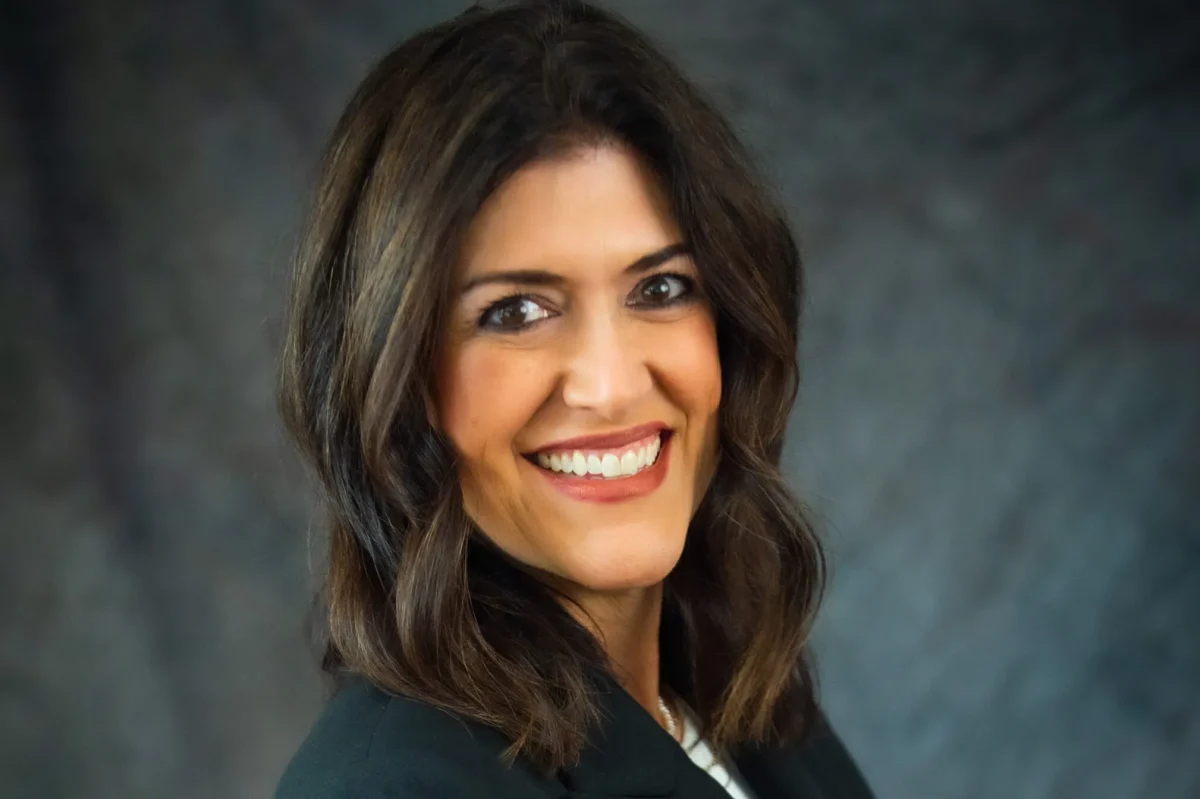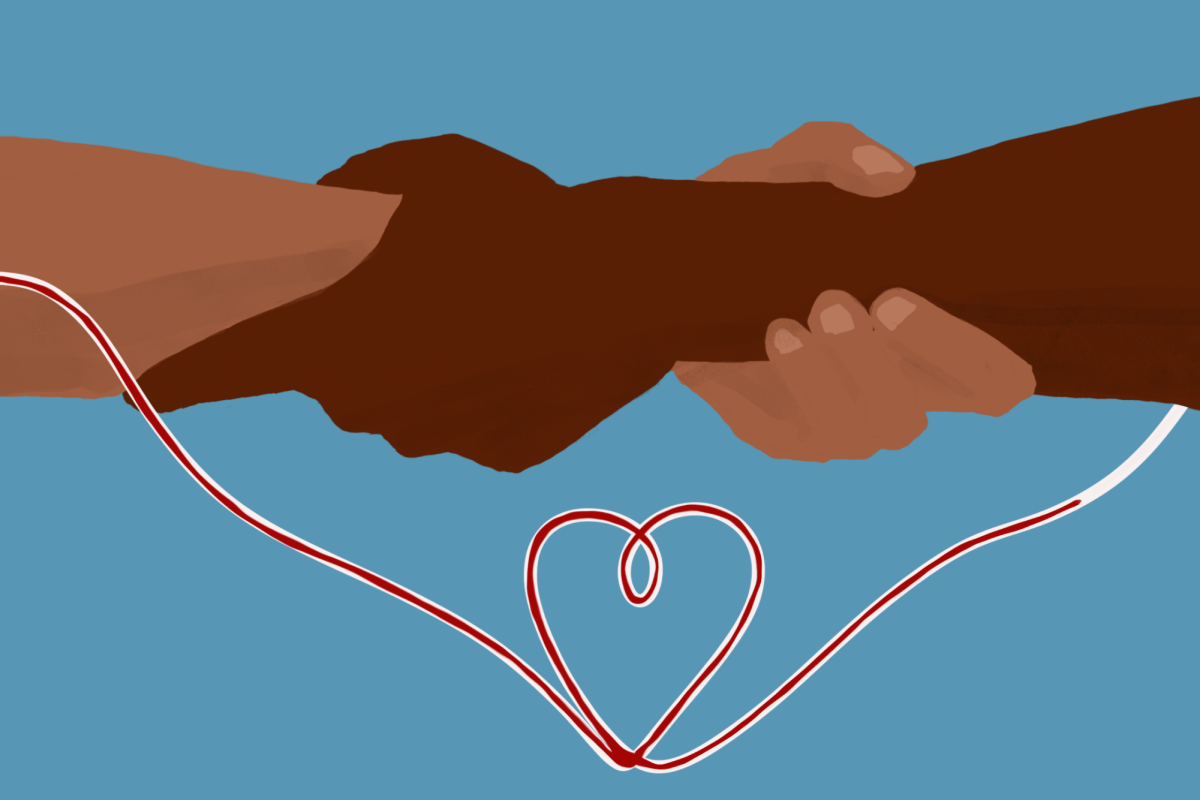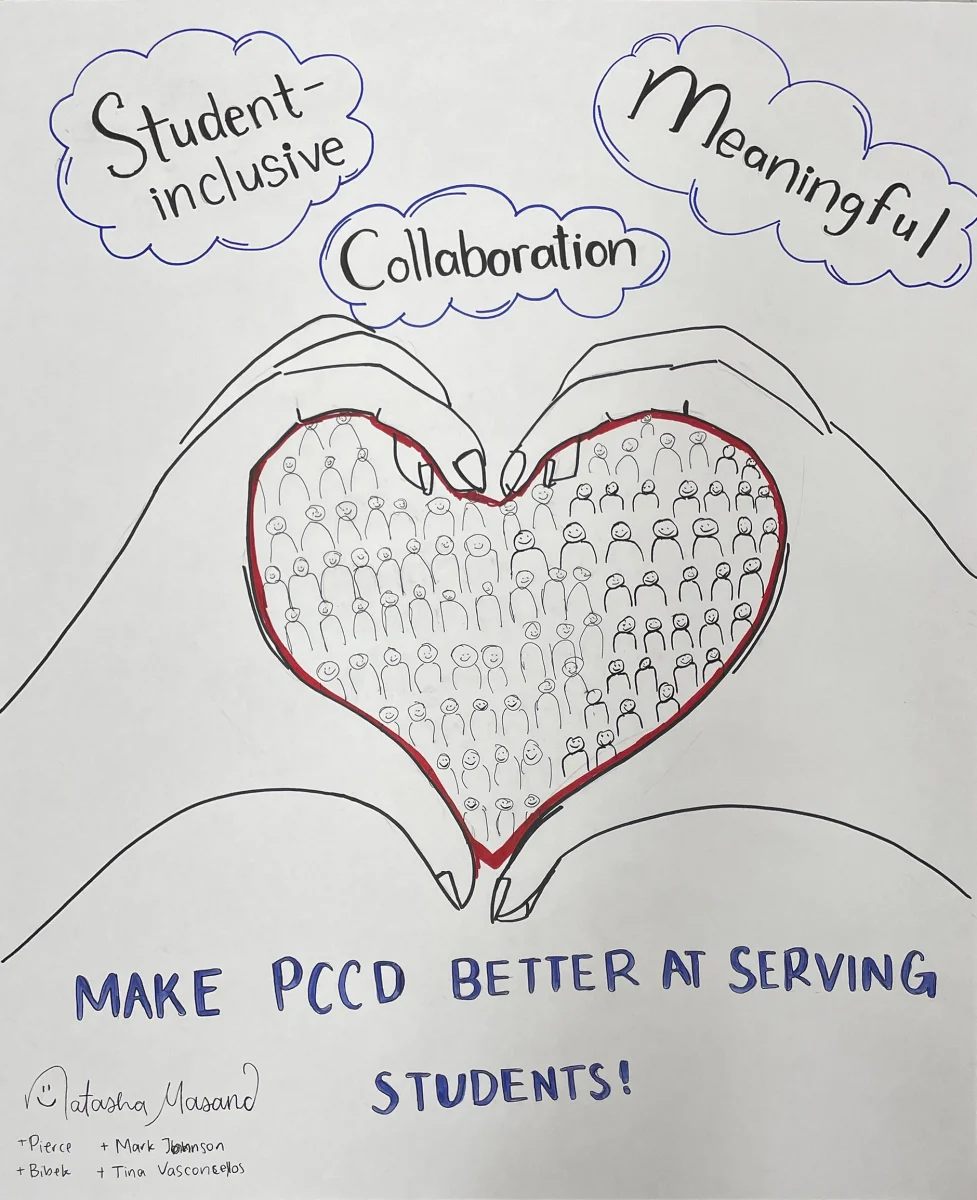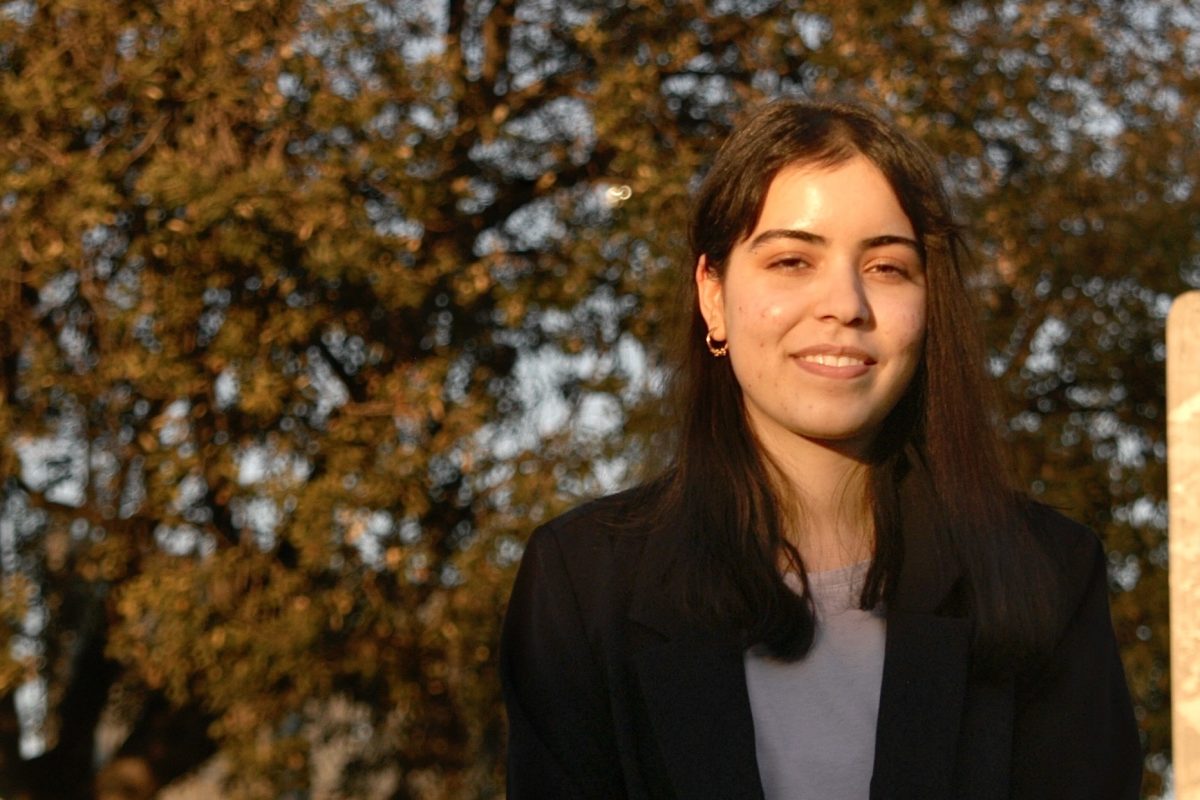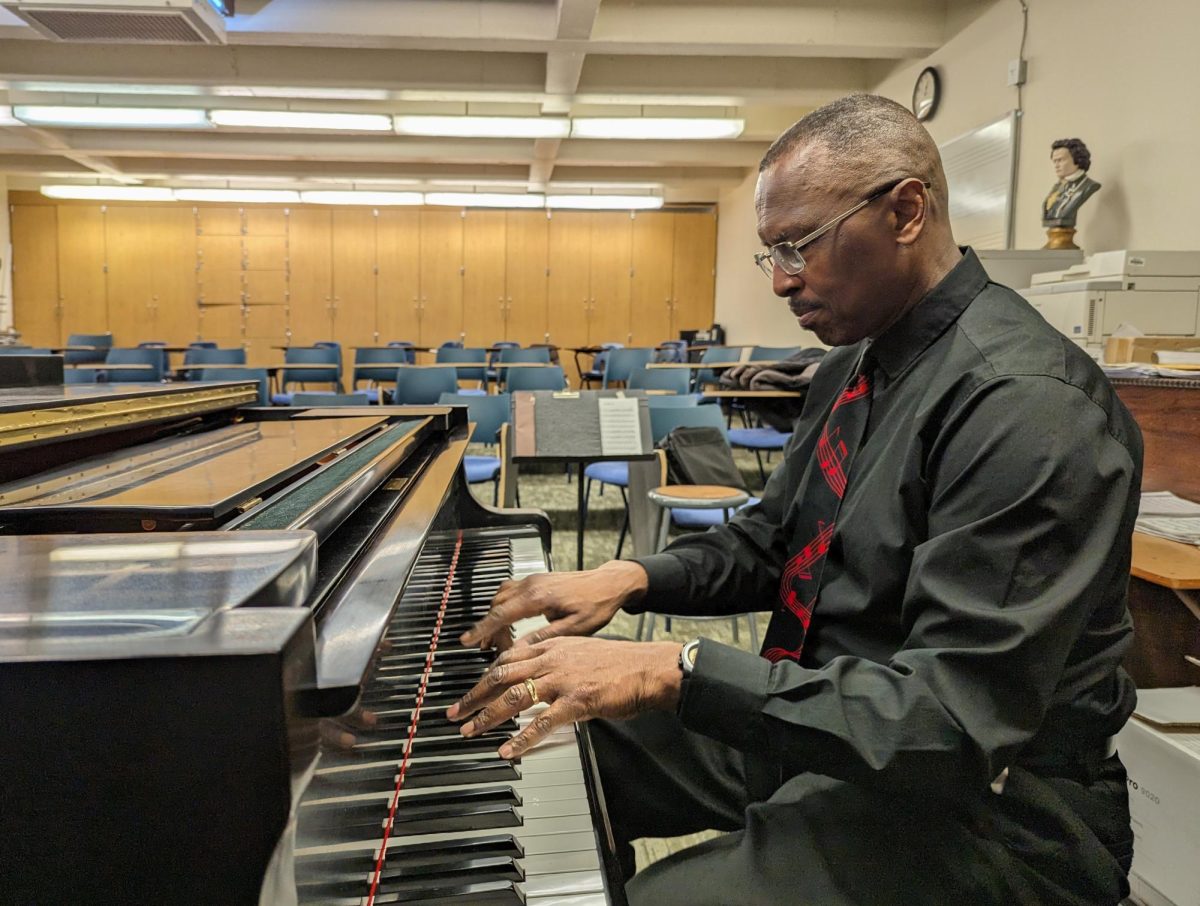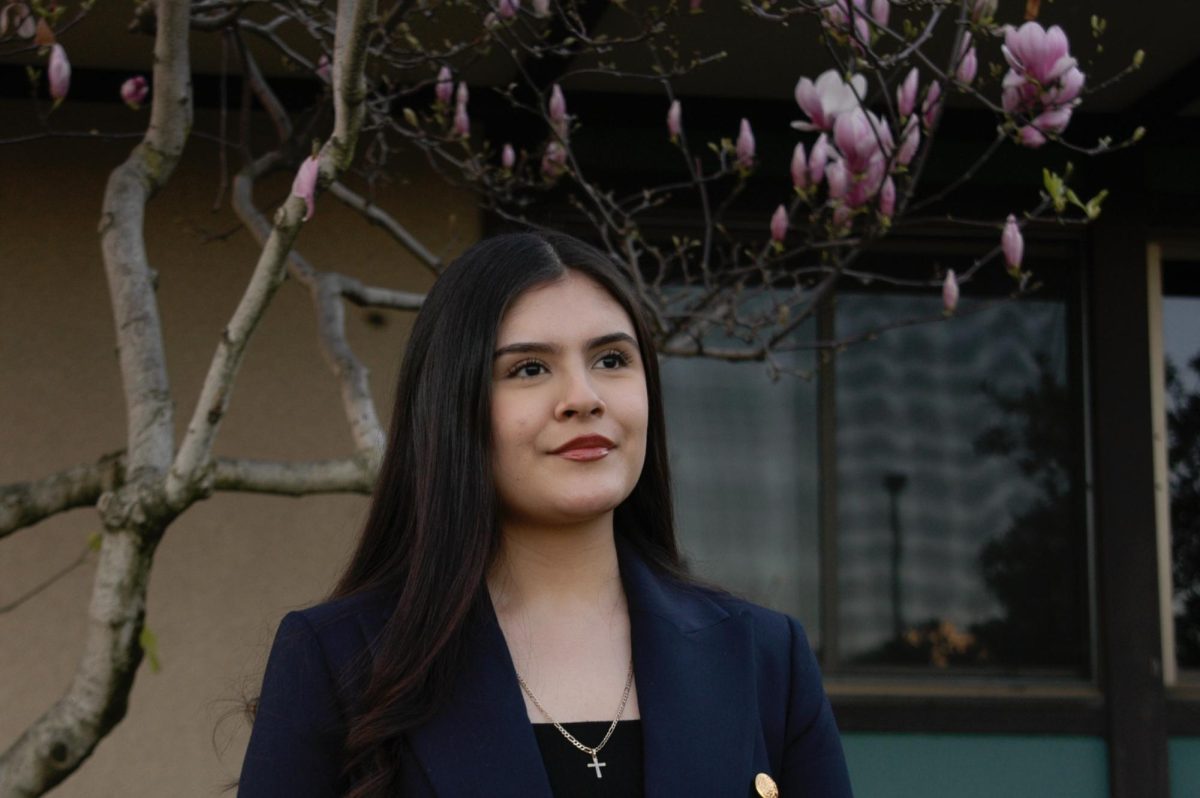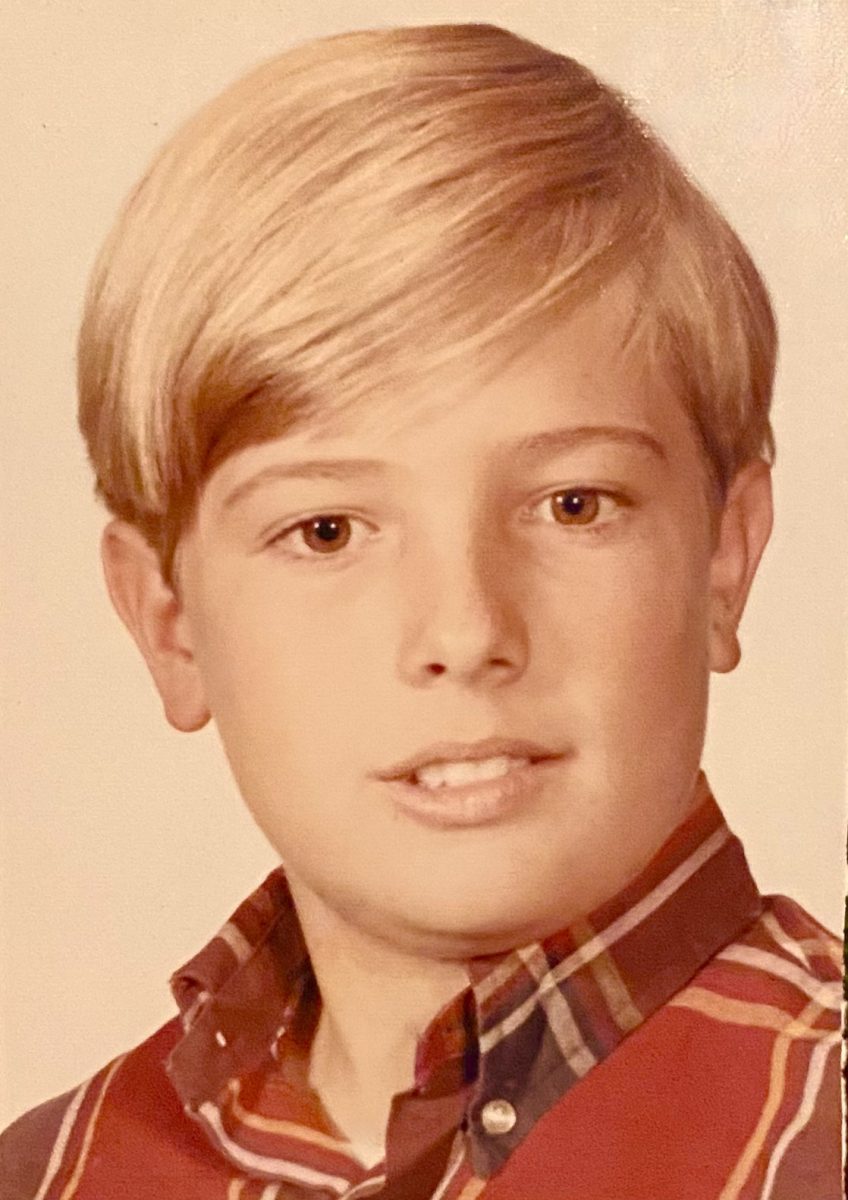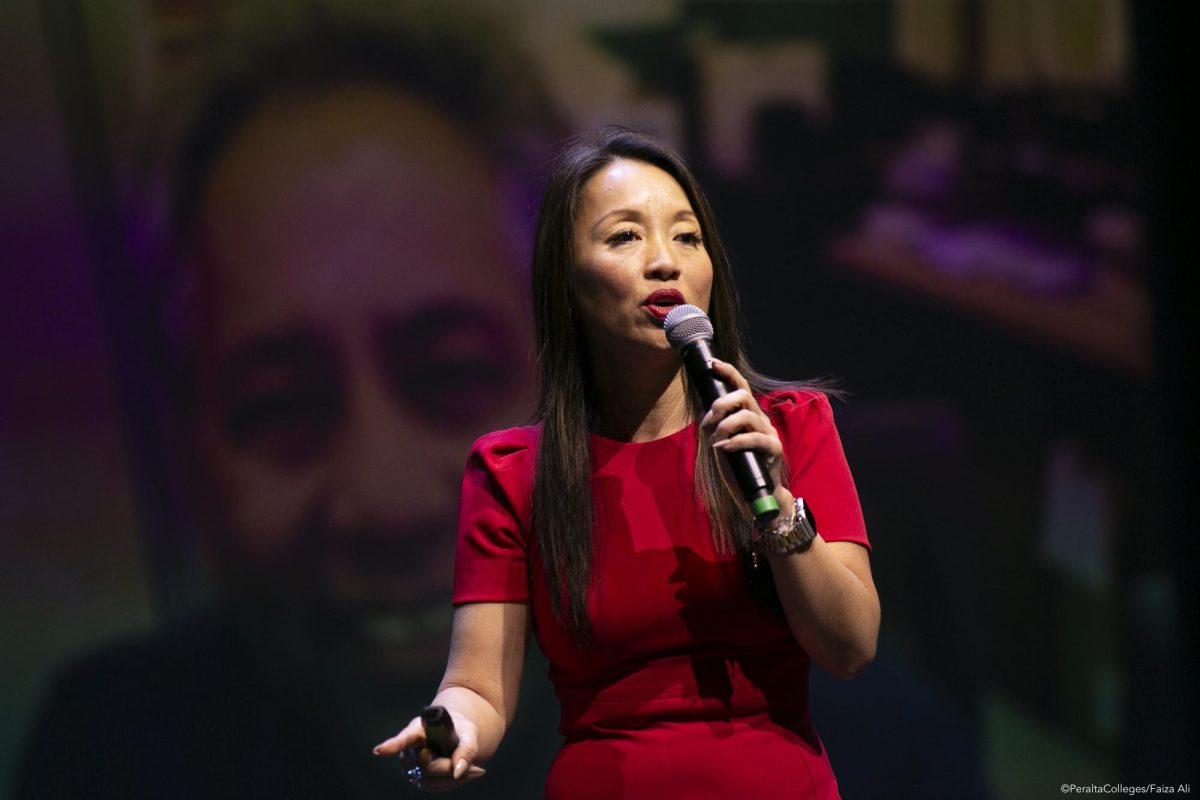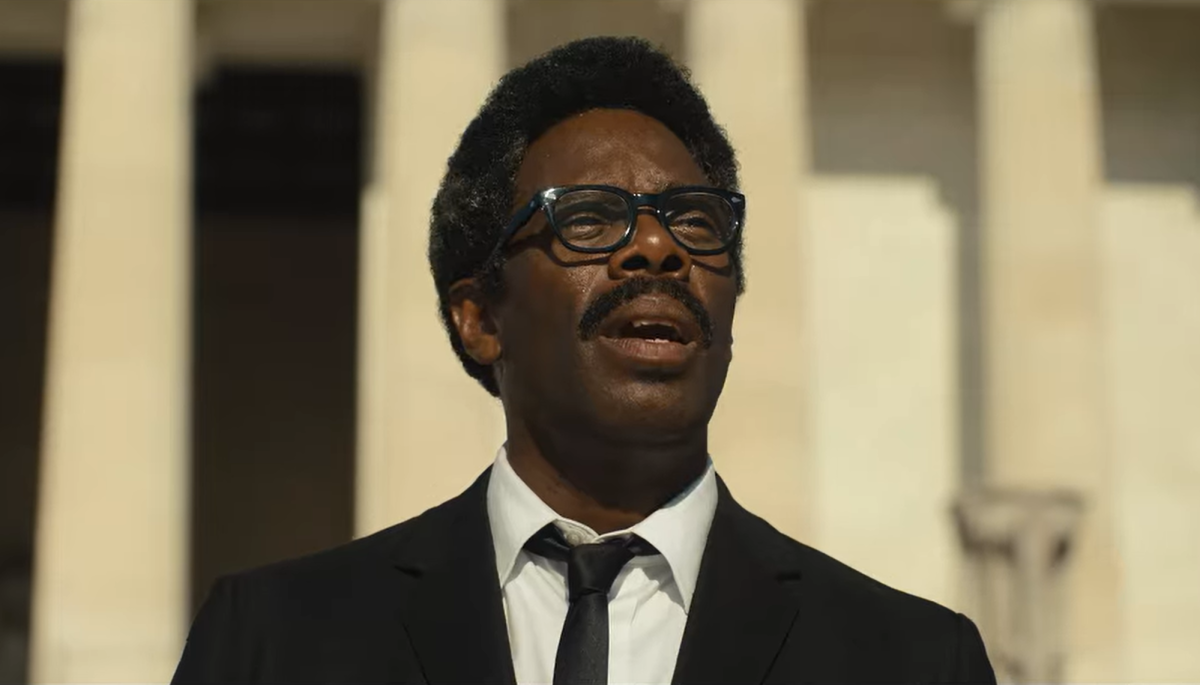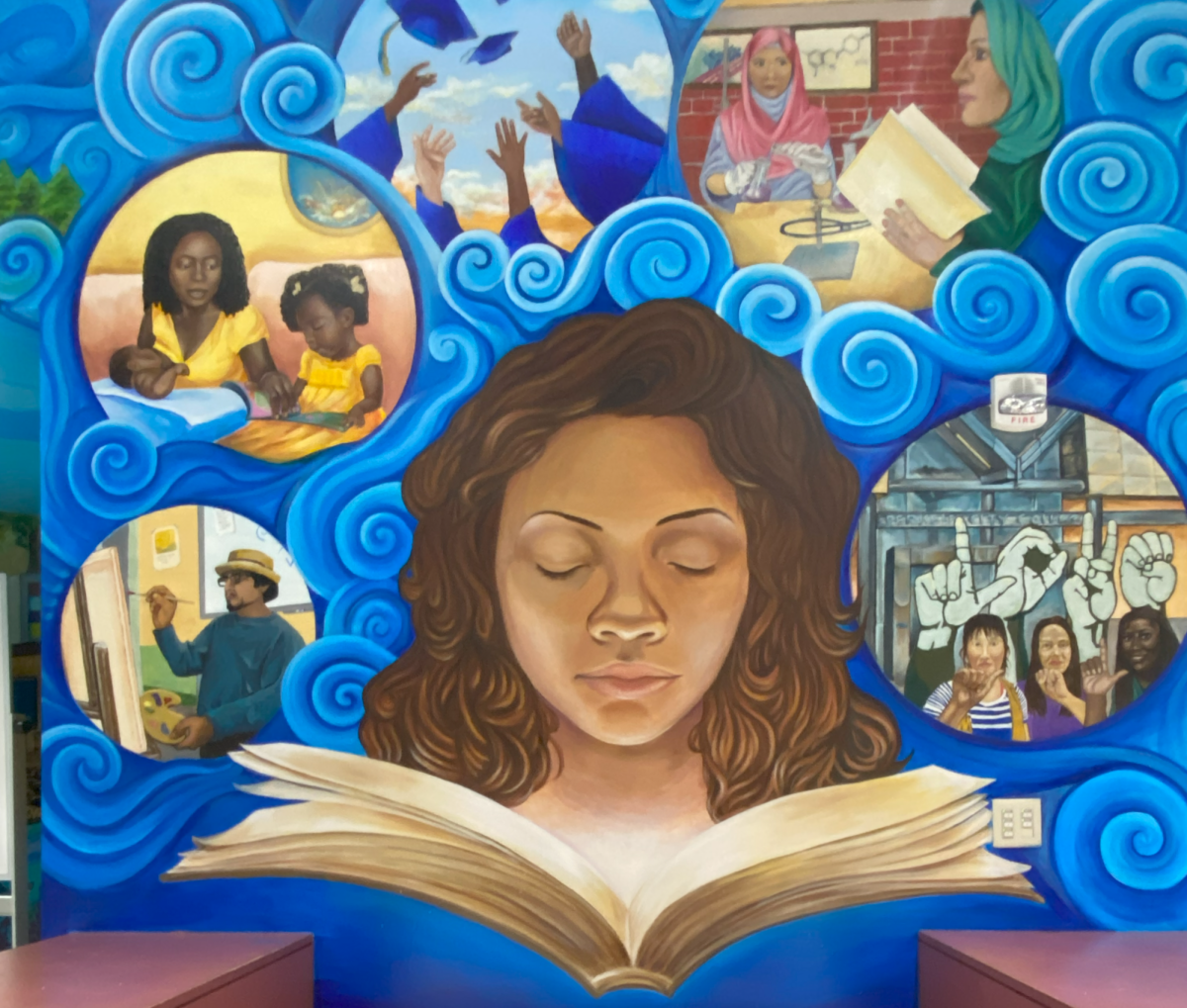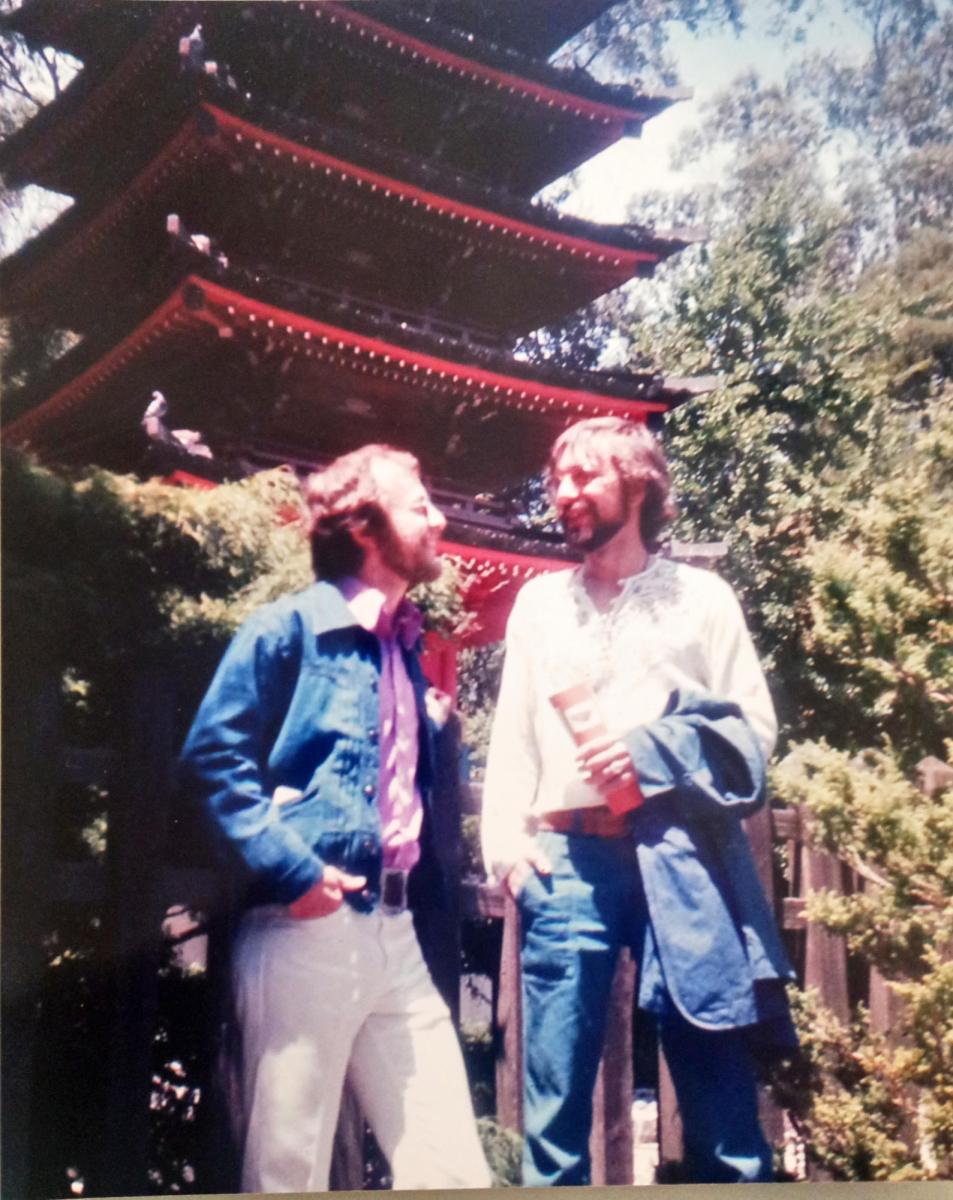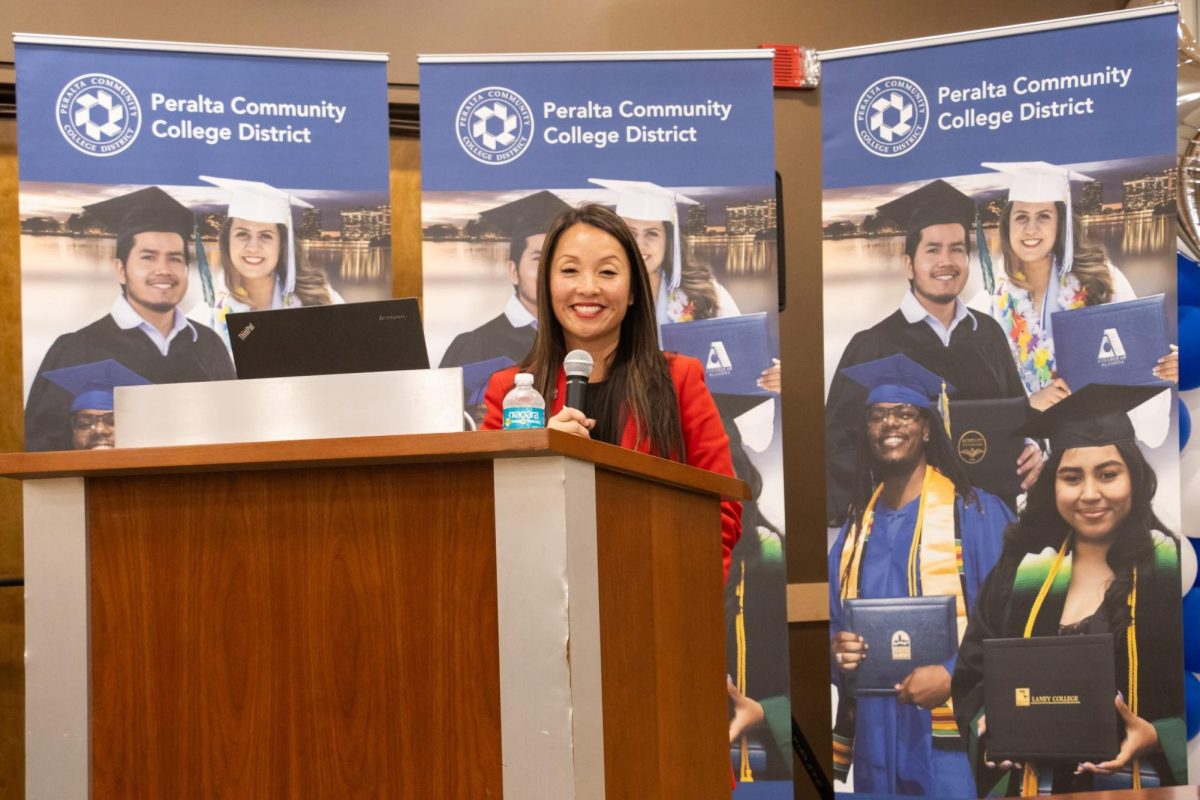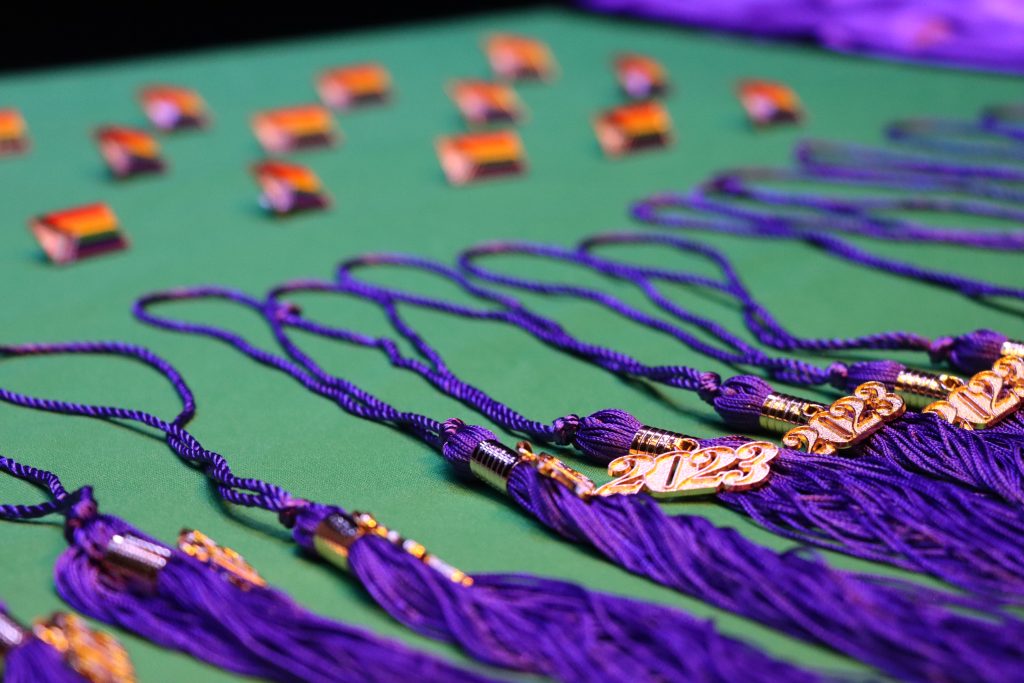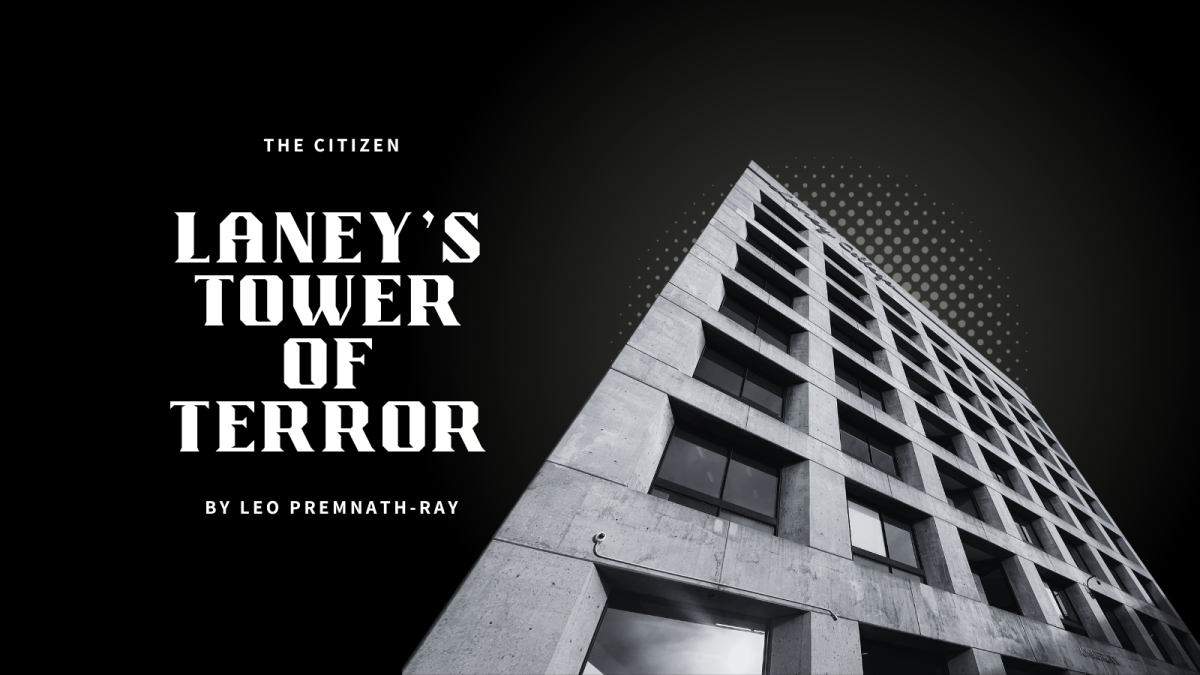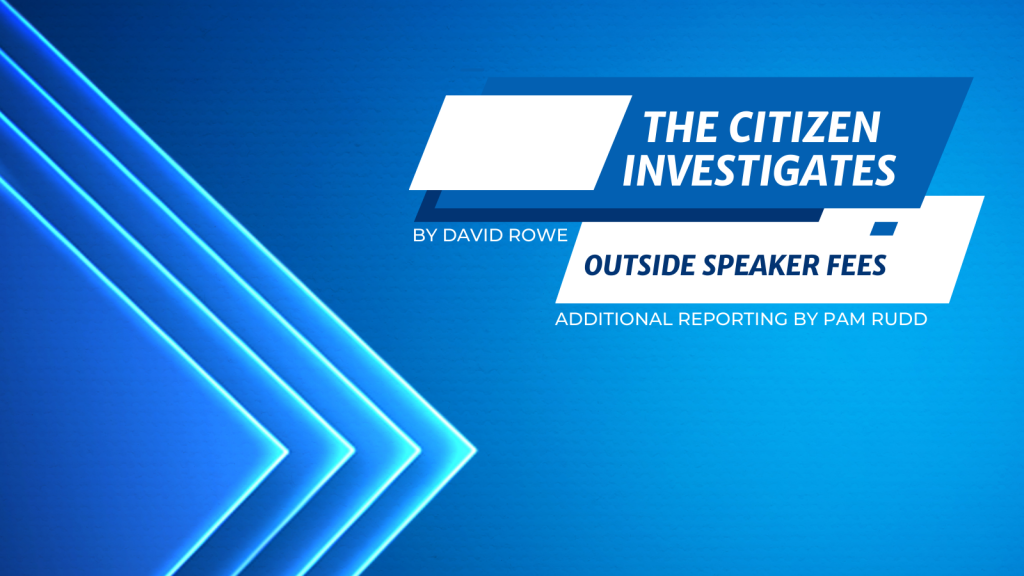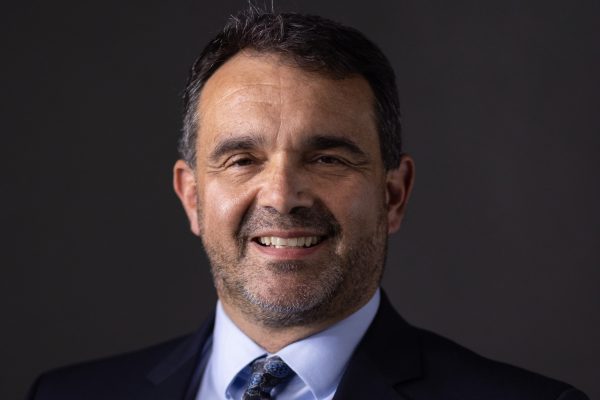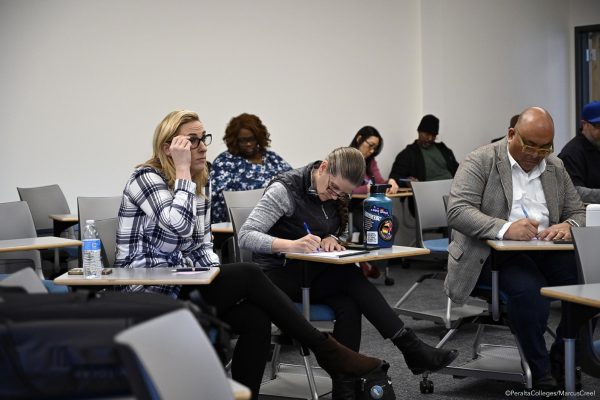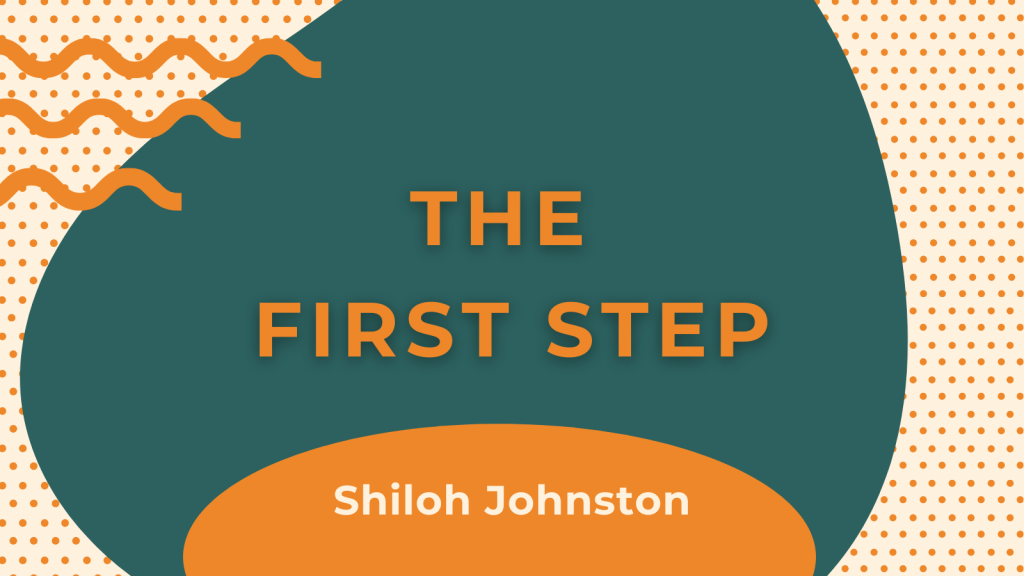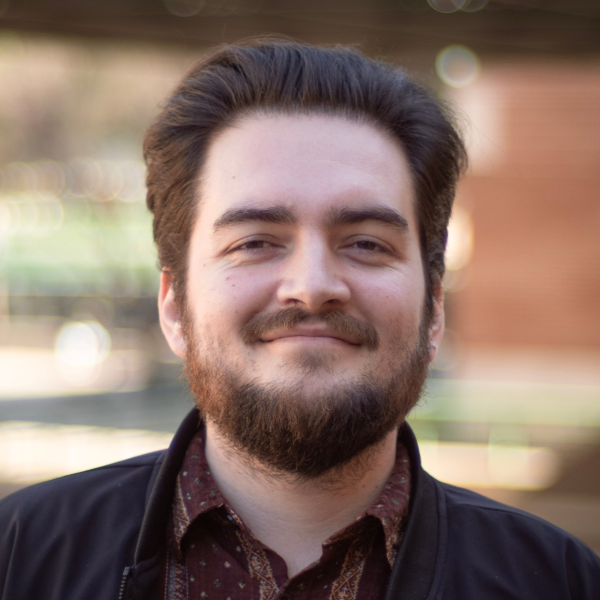In 2009, Nigerian author Chimamanda Ngozi Adichie gave a TED Talk where she spoke on the dangers of a “single story”. According to Adichie, single stories are a form of narrative stereotype, wherein a person or group is made out to be one indivisible and uniform thing – a monolith.
Adichie uses the example of her experiences of coming to the United States to attend college. Her roommate in the dorm was surprised by how well Adichie spoke English, despite the fact that Nigeria has English as its official language. When asking Adichie to show her some of Nigeria’s “tribal” music, the roommate was disappointed when Adichie presented a tape of Mariah Carey. The roommate even assumed that Adichie did not know how to use a stove. The Nigerian novelist was struck by her roommate’s narrow worldview. This American college student did not believe these things out of malice or judgment, her beliefs were rooted in pity. Adichie’s roommate felt sorry for her before even meeting her based on the assumptions she had of life on the African continent, and the single story that she had built in her mind.
For Adichie, the dangers of the single story are not that the story is necessarily untrue. The African continent has indeed been plagued by starvation, war, and various regimes that have been skeptical of education and progress. For Adichie, the dangers of the single story are that they are incomplete.
They make “one story become the only story,” she says, stressing that the “consequence of the single story is this: it robs people of dignity. It makes our recognition of our equal humanity difficult. It emphasizes how we are different rather than how we are similar.”
I recently began participating in IREX’s Global Solutions program sponsored by the US State Department. The program facilitates students from the US to work alongside students from Jordan and Iraq to improve cross-cultural communication and understanding. In our first virtual session, we worked towards tearing down the “single stories” we believed about each other’s cultures. Jordanian and Iraqi students shared their own single stories of the United States, and explained in which ways the US narratives of their own cultures were incomplete.
It quickly became apparent how detrimental these narrative stereotypes have been towards a conducive and cooperative relationship with these countries and cultures. This phenomenon is especially relevant given that the US media plays an outsized role in creating and distributing these narratives. Given my own background in studying and researching the internal divisions within the US, I could not help but see parallels between the problematic single stories between cultures and the problematic single stories within cultures.
I have spent an inordinate amount of time parsing through the single stories that fuel the pernicious political polarization currently destabilizing the United States. The stories that the Right and the Left tell about themselves and each other emphasize our differences and erase our similarities. These narratives make it impossible to see a future that is not mired by perpetual conflict and an inability to coexist. Much like the way our single stories about other countries make it difficult to latch onto our shared values and work towards achieving common worldwide goals, the narrative stereotypes we tell about our domestic political opponents impede our ability to solve our problems at home.
My amendment to Adichie’s TED talk is that most, if not all, of these single stories attempt to boil something down to its essence. However, most of these stories ultimately fail to do so. Instead they boil the thing – a person, group, controversial issue, ideology, etc., down to either its flaws or accomplishments.
Members of the Left will tell their own story as fighting for justice and equity and paint the Right as fueled by only financial greed and bigotry. Members of the Right tell their own story as upholding traditional values and individual responsibility and paint the Left as addicted to progress without regard for unintended consequences. Proponents of American Exceptionalism tell the tale of the United States as a country that upholds the rights of freedom across the world. Opponents of American Exceptionalism tell the tale of the various atrocities that have been committed by US administrations within the country and abroad. There are elements of truth within each of these stories. However, as Adichie says, these stories are not dangerous because they are untrue. They are dangerous because they are incomplete.
The message behind Adichie’s TED Talk is clear: we must reject these single stories and strive for deeper understanding. For her, this is a necessary step towards coexistence and harmony.
Understanding allows for us to see the dignity in others and acknowledge our shared humanity.
My call for deeper understanding is rooted in the same belief. We must find a way to rebuild a national identity if we are to face the coming challenges. We must acknowledge where the misplaced resentments of those that disagree with us are grounded in legitimate concerns. We must find a way to come together as a country if we are to thrive and persevere. Rejecting the single story is the first step.
Shiloh Johnston is a Newswriting student at Laney College.

